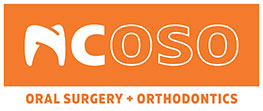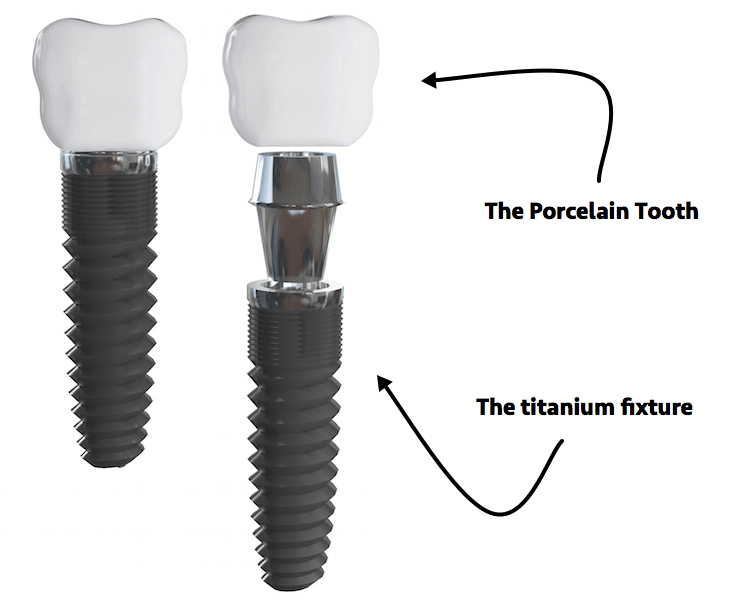
Many of us put other priorities ahead of our teeth, even after we’ve lost one or more of them. But proper dental care is important in preserving your long-term health, and when the time comes to address a missing tooth (or to improve existing bridgework), recent advances in implant technology have made this a very attractive solution. In fact, implant technology in many cases is now considered superior to older methods, including dentures, bridges, and crowns. That’s because those solutions are often not as long-lasting as dental implants, and can potentially create problems for your overall oral health.
And dental implants are also often a good option even for those who have already had a problem addressed with one of these older methods, permitting patients to experience a more natural feeling, and extended benefits.
How do you know if a dental implant is right for you?
Of course, everyone has their own a unique dental history, and if you’re interested in a dental implant, you’ll want to consult with a doctor to receive an evaluation and determine if the procedure is suited to you. In many cases, pre-existing dental conditions directly involving your oral health are relevant to whether someone is a good candidate for a dental implant, and these include:
- Gum Disease. Periodontal disease and other gum conditions, if not addressed, can make it difficult to undergo an implant procedure, but patients whose gum disease has been successfully treated have gone on to receive implants.
- Bone Loss. Once a patient has lost a tooth, a certain amount of bone loss can be expected to occur, and this may impact the ability to undergo a successful dental implant. However, even here, a remedial procedure such as a bone graft can allow a patient to qualify for an implant.
- Smoking. As if there weren’t already enough reasons not to smoke, research shows that implant procedures can be negatively affected by smoking.
- Pre-existing health conditions. While pre-existing health conditions are relevant, and certainly should be discussed with your doctor, it’s worth noting that even patients with heart disease or diabetes have been cleared for the procedure, and have enjoyed its benefits.
Why are dental implants so popular today?
Because implants have become so popular, there is a great deal of ongoing research into dental implant techniques, and this has led to a steady stream of technological advances that are making the procedure even more effective and successful. These advances include such things as innovations in materials science, involving the introduction of new implant materials that better resist infection, and have even further lowered failure rates.
You’re not alone if you have lost a tooth and feel you may benefit from a dental implant. The American Association of Oral and Maxillofacial Surgeons has compiled statistics showing that 69 percent of adults age 35 to 44 have already lost one or more permanent teeth. The causes range from a root canal that later failed, to accidents, gum disease, and, of course, simple tooth decay. And well over 100,000 dental implants (and possibly as many as 300,000) find their way into those patients’ mouths – and smiles.
And in addition to ensuring good oral health, a dental implant can provide a significant boost to your confidence, especially if existing dental work or a missing tooth, has left you feeling self-conscious. Our smiles brighten not only the lives of others, but also our own lives, and if you are unsure about whether you are looking your best when chatting with friends and when collaborating with coworkers, a dental implant that leaves you assured of a fine smile may turn out to be just what the doctor ordered.
Contact NCOSO today to see if a dental implant is right for you!




